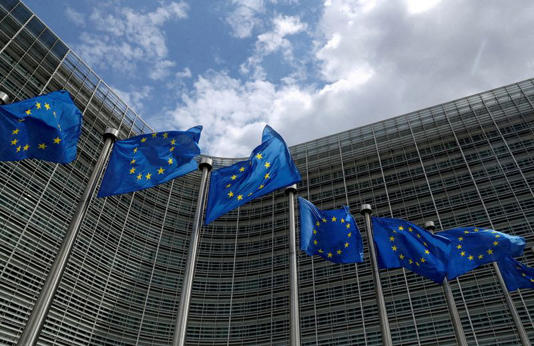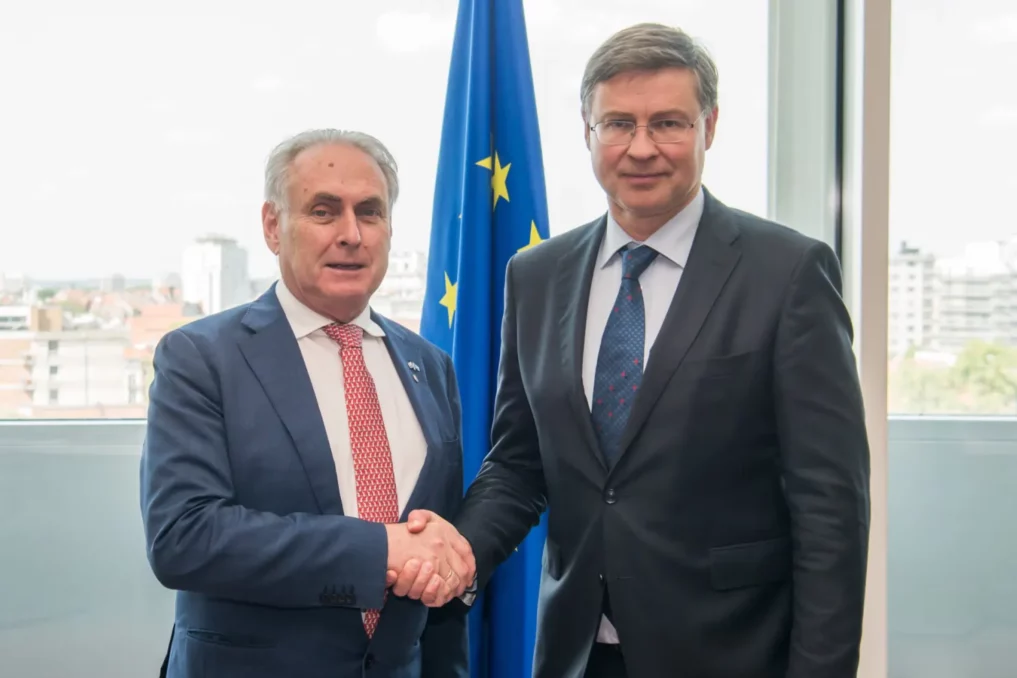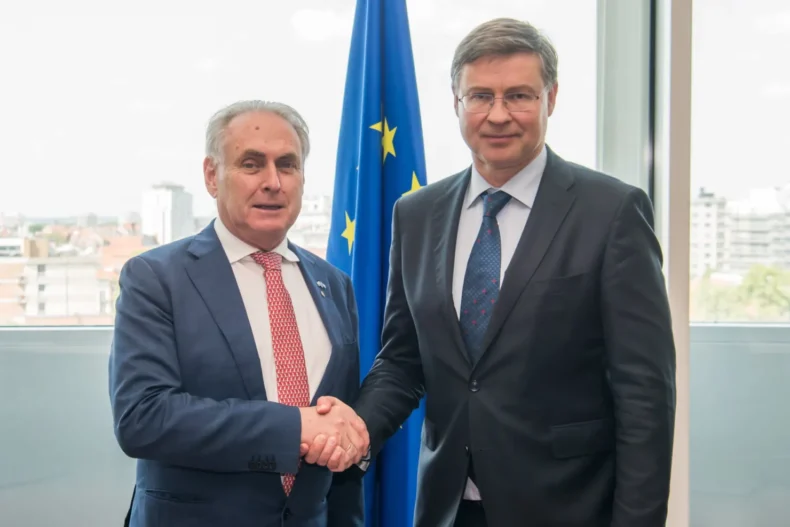On Tuesday, the two sides stated that negotiations on a planned Free Trade Agreement had not been concluded between the EU and Australia as differences continued to exist in particular with regard to agriculture. Differences in how much the European Union will open up its market to Australian farm products, such as beef, remain. We’re sorry we were unable to conclude our negotiations with Australia this week.

In a joint statement, the EU and Australia on Tuesday acknowledged that there was no conclusion of negotiations on an FTA due to differences in particular with regard to agricultural products. Negotiations were opened in 2018 by the European Union and Australia, hoping to reach an agreement this week. Nevertheless, differences remain in particular as regards the degree of EU market opening for agricultural products from Australia, particularly beef.
What will a trade deal with Australia do for the EU?
The EU says that, by 2030, a free trade agreement with Australia could be worth 4.1 billion euro to the EU’s GDP and would benefit industries such as machinery, metals, electronic equipment, and chemical companies, carmakers, and food and beverage producers.
With increased access for Australian enterprises to invest in Europe, Australia expects rewards for its service providers and agricultural exporters.

Does Australia need more access to European Market?
Australia needs substantial agricultural access to the European market, he told reporters during a hastily organized news conference in a park in the heart of Brussels.
For cattle, sheep, milk, and wine all of which are subject to import duties or quotas, Australia wishes to gain greater access to the EU market. “I am confident that we will get there, with some goodwill, a lot of effort, and perseverance,” Farrell said.
The European Union is undertaking trade diversification, particularly since Russia’s incursion into Ukraine and Australia after China imposed an exclusion on several Australian agricultural exports linked to its 2020 political rift with that country’s biggest trading partner.
In addition, an agreement could help the EU in finding crucial raw materials for its transition towards a greener and digital society as well as reducing reliance on China. Australia, the world’s largest lithium producer, also holds large deposits of additional important mineral resources in the form of copper, cobalt, magnesium, and rare earth elements. Negotiations on increased access to the EU of Australian energy and raw material products, as well as services, are also ongoing.













